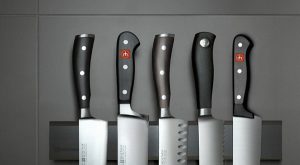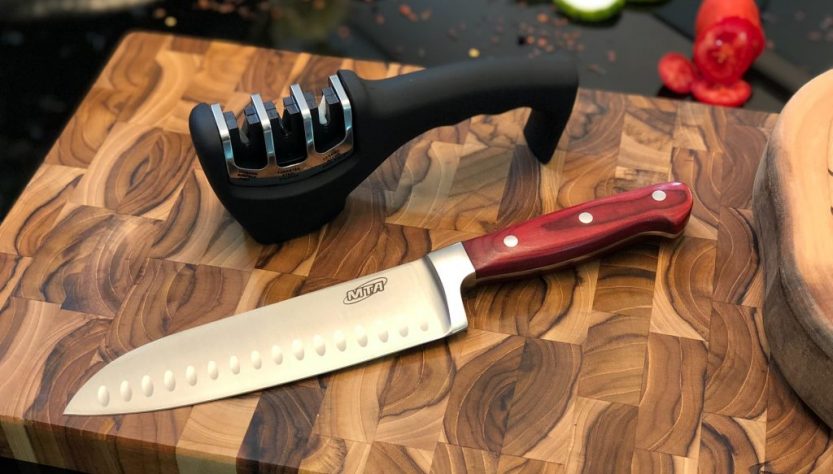The knife sharpening london experts agree that sharp knives are your best friend. It’s about safety, efficiency, and food integrity, not just convenience and precision in slicing. Every chef needs knife care, which we cover here.

Knife care goes beyond sharpening. Choose the right knife first. Ever sliced tomatoes with a dull blade? The tomato is crushed and you risk falling and cutting yourself. An ergonomic, balanced, and comfortable knife makes all the difference.
Sharpening is the foundation of knife upkeep. Many cooks use sharpening as a meditation to connect with their utensils. While a whetstone may appear old-fashioned, it provides perfect sharpening control. Use a coarser grit to sculpt the edge and a finer one to refine it. Most kitchen knives function best at 15–20 degrees. Angle and pressure are crucial.
Beyond sharpening, daily upkeep is crucial. Clean a knife daily with warm water and mild detergent before and after use, then dry. If you work in a busy kitchen where knives may lie wet for long periods, this procedure minimizes dulling and corrosion.
Another important knife care step is storage. Throwing knives in a drawer where they bang against other cutlery dulls them. Buy a magnetic strip or knife block to keep knives separate. This protects and makes blade edges accessible.
Finally, evaluate the knife material. Stainless steel is corrosion-resistant but loses its edge faster than carbon steel. Carbon steel blades last longer and cut better, but they require more maintenance to avoid rust. Choosing between the two depends on personal preference and culinary demands.
Every chef knows that knife care is about appreciating the craft, not just maintaining the instruments. Well-kept knives show a chef’s skill and love. Whether you’re a pro or a beginner, how you care for your knives reflects how you care for your kitchen and your food.

